Atlus makes consistently great games. Both Persona 4 and Persona 5 are all-timers, but it’s true that they are all a bit…samey. Every game has the same familiar setting, a Japanese high school, and shares the same character archetypes. There’s the klutzy guy, the reserved smart girl, the athletic girl, and so on. Metaphor: ReFantazio has made the key improvement that was necessary for Atlus – it shook the studio out of this rut.
When I got Metaphor at launch, it took me a good few weeks to get into it. Fantasy settings are typically not my thing, but it’s so well-realized in Metaphor that it reminds me of one of my favorite JRPGs of all time – Final Fantasy 6.
There are quite a lot of similarities. Some of these resemblances are obvious: there is a brackish mixture of magic and technology, nuclear anxiety, and hell, it even has an opera house scene. Yet one of the biggest resemblances to Final Fantasy 6 is its beautifully-realized characters and themes of hope in a hopeless world. These all resonate today just as much, if not more so, today than they did when FF6 was released, and the characters present in Metaphor can bear more than a passing resemblance to those from its older stablemate, far more than Persona has ever done before.
Let’s get meta for a minute. One of the game’s core themes is archetypes. On a surface level, these are a mix between the standard JRPG job system and the Personas from, uh, Persona. They’re classes that come with their own heroic figure ready to emerge from a character’s heart, but the game goes a lot deeper than that.
Each character, above and beyond their class, is an archetype sourced from Jungian psychology, with each human made up of four distinct elements – the anima/animus, the shadow, the persona and the self. Each of these can, in turn, mingle to create archetypical images.
Gallica is the Anima, the counterbalance to the protagonist who is ever present and is essentially one with him. The protagonist (named Vinny in my case) is the Hero, Eupha, the innocent, Junah, the artist. It may be a struggle to name characters from Metaphor that fit into all 12 archetypical figures, but there’s something to be said there. While each Persona game has characters that are essentially positioned along a spectrum of similarity, of archetypes – see the Junpei/Yosuke/Ryuji continuum – the characters in Metaphor are distinct from those in its sister series.
Persona’s characters tend to be restricted by its setting – you’re in high school, so most of the people you interact with are high schoolers with high schooler problems, even when they go off the rails somewhat. They’re great stories, but they have a limited range. In Metaphor, the rag-tag Magnificent Seven – or rather, Magnificent Eight – represents people with different experiences, ages, and regrets.
Heismay’s story from Metaphor, for example – a story of grief for a lost child – would not be congruent with the Persona series’ main characters. This is partly due to the setting, but it’s also due to the restrictions that a semi-realistic world places upon you. Metaphor is nothing if not allegorical (I did consider writing metaphorical there, but that’s a level of self-referentiality that I’m not comfortable with). Science fiction from the 1950s and ’60s used metaphor and allegory to tell stories about ourselves, our fears, and the fear of the other, and Metaphor does the same with a fantasy setting.
These topics in Metaphor can shine through because of its core theme – contest. The contest to become king allows for a more frank and open politics than you find in the Persona series, which tends to discuss it in a more abstract sense.
This is, by far, the most political RPG that Atlus has ever put out, and it’s all the better for it. It’s broken the mold that Atlus had been using for the past few decades, allowing the studio to be freer with its creativity, passion, and sheer inventiveness. It’s more than simply a great game, it’s a sign of what may come next from the company. I want Persona 6, but I want more stories too, and Metaphor has made me so excited to see them.
It carries the torch for FF6’s capacity for heavyweight political thought and fantasy merged into one being, but it’s also uniquely an Atlus RPG, a game about people, and an Atlus RPG of a kind that we’ve never seen before. Metaphor inherited the archetype of its older counterpart and allowed it to reign free in its heart. It’s one of the best games of 2024 by a long way and is a high watermark for JRPGs to come.
Metaphor: ReFantazio proves Persona 6 should embrace real-time combat
Source link
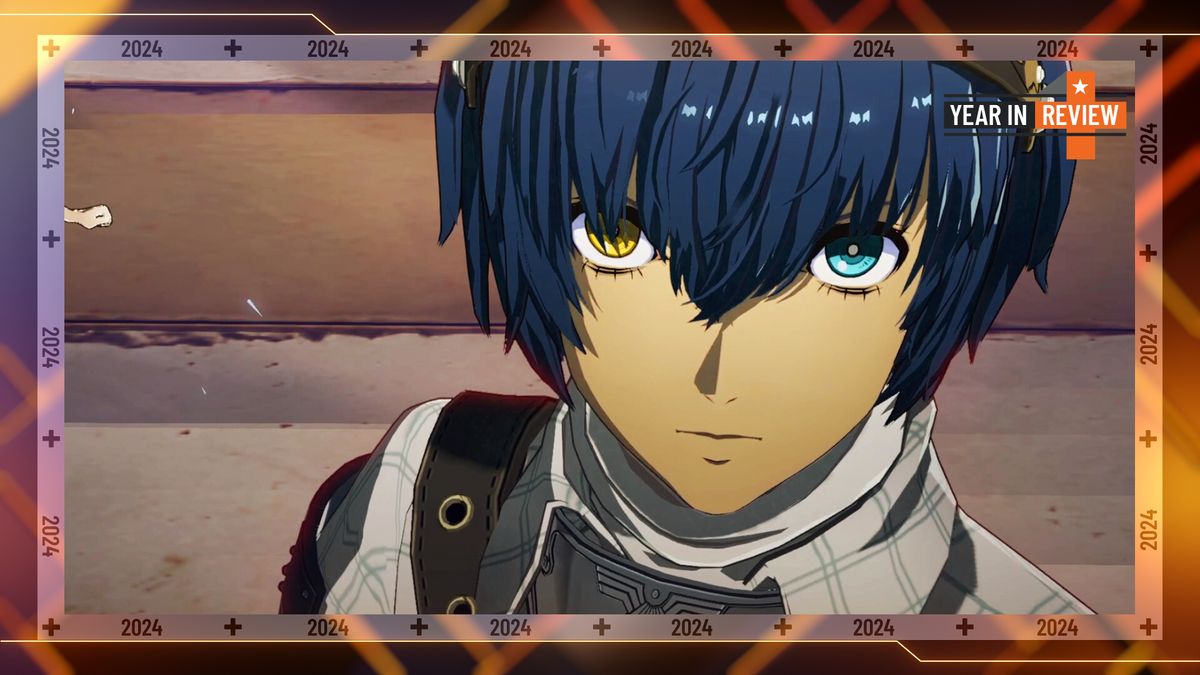
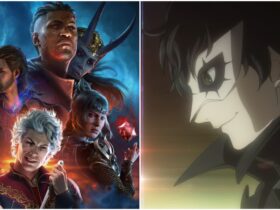

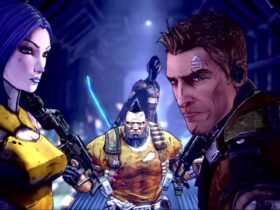
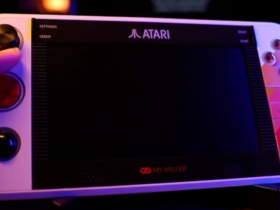
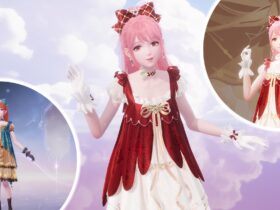
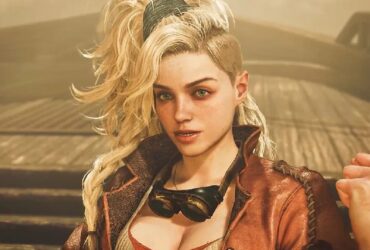
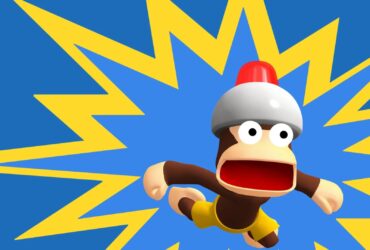
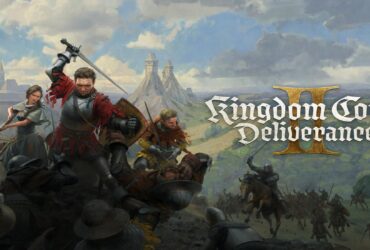
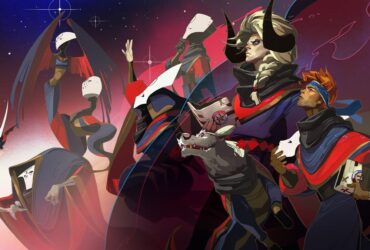
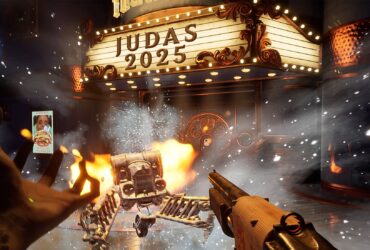

Leave a Reply